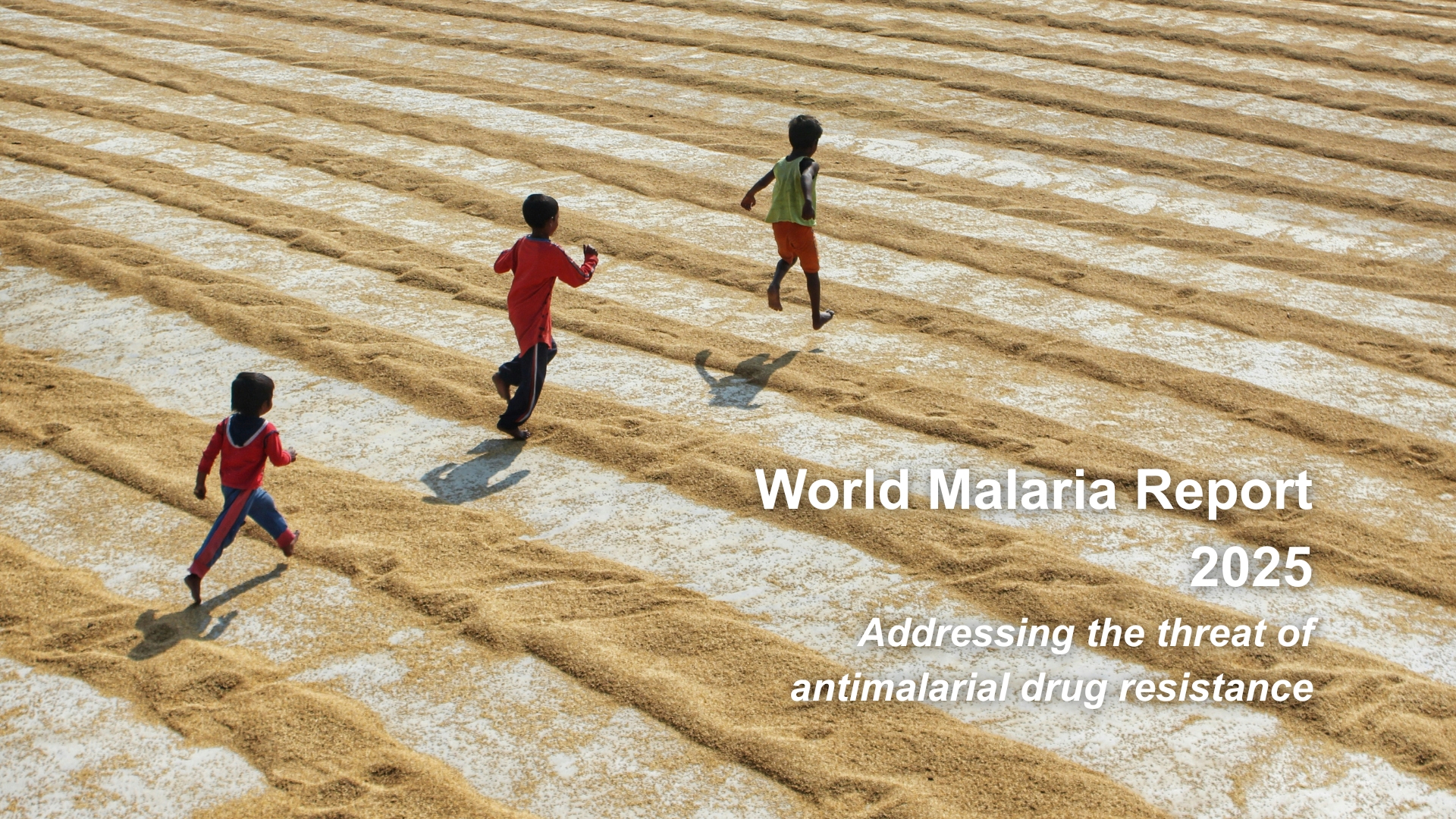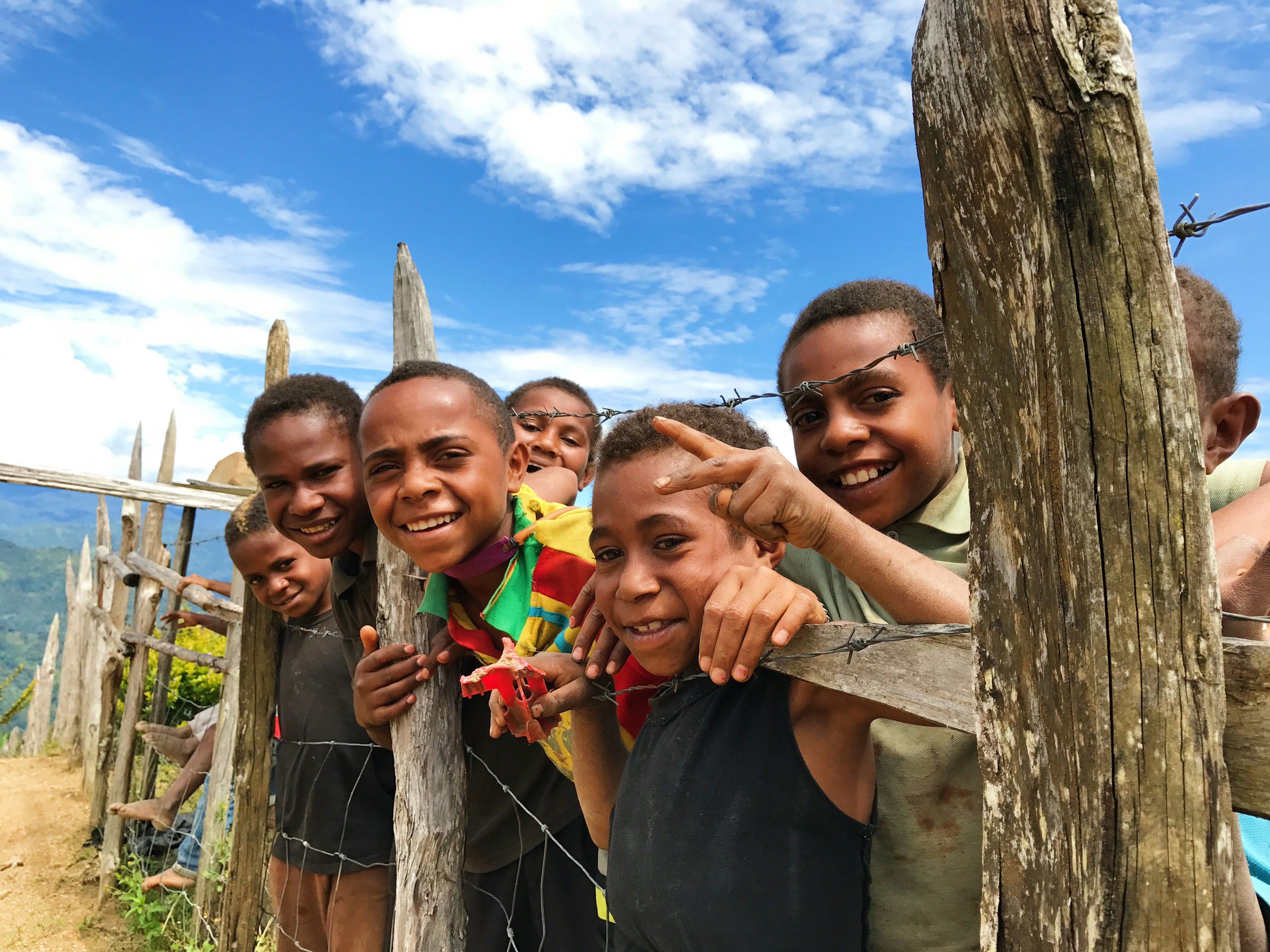
Partners of the Vector Control Platform in Asia Pacific (VCAP)[1], a platform facilitated by APLMA and Unitaid, in close collaboration with APMEN, met on the 23rd April in Bangkok during Malaria Week 2019 in Bangkok, Thailand. VCAP, a platform launched in July 2018 during the Malaria World Congress, aims to promote innovation and access to vector control (VC) tools in Asia Pacific.
This was the first opportunity under VCAP for interaction between regulators of VC products, malaria programs, manufacturers, as well as malaria programs and global health partners. The objective of VCAP is to increase policy makers’ visibility of the tools available to reduce transmission in the region and increase their understanding of the regulatory landscape as well as opportunities to expedite the registration of relevant VC tools.
Scaling up prevention methods designed to reduce the transmission of malaria have been proven as the most cost-effective options to reduce the burden of malaria[2]. Vector control tools have shown some of the highest returns on investment in public health. For example, of the 663 million malaria cases averted in sub-Saharan Africa between 2001 and 2015, it has been estimated that nearly 80 percent were due to the use of Long-Lasting Insecticide Treated Nets (LLINs) and Indoor Residual Spraying (IRS).[3] VC products are both key to the malaria elimination in the region by 2030, and important tools to improve regional health security against other deadly vector borne disease such as Dengue or Zika.
Asia Pacific has its own set of challenges in relation to reducing transmission, including specific social and environmental factors that affect transmission and mosquito behaviour. Outdoor biting behaviours is one example as well as the fact that populations at risk of malaria are mostly located in hard to reach forested areas, working at night and therefore not protected by bed-nets.
Vector Control tools which have been tried and tested in Africa, may not be sufficient in the Asia Pacific context. With this in mind, Sumitomo Chemical presented on the importance of engaging the industry in these discussions and investing in R&D to develop products tailored to the region and better adapted to respond to the current challenges; including insecticide resistance and outdoor transmission.
The Innovative Vector Control Consortium (IVCC) conducted important landscaping studies[4] to better understand the technical and access barriers and market opportunities for vector control in the region. These studies were funded by a grant to IVCC from the DFAT Indo-Pacific Centre for Health Security as part of a larger program on novel vector control tools and technologies and health security in the region. On the 23rd, IVCC shared the preliminary findings from these studies. The Technical Landscaping Study reviewed existing vector control tools and methods employed in the region, and provided insights on the new vector control tools. Innovative tools like spatial repellents, Attractive Targeted Sugar Baits (ATSB), topical repellents, insecticide treated hammocks, clothing and paints all show promise to address outdoor biting and transmission among forest goers.
Developing the right tools is one aspect- getting the right tools to the market is another important aspect to effectively reduce transmission and support elimination efforts. The IVCC’s Market and Regulatory Landscaping Study uncovered challenges in terms of access pathways for VC products and associated barriers, including regulatory pathways. Overcoming these barriers will require cooperation across ministries, as highlighted in the presentation by the Thai Food and Drug Administration (TFDA). The TFDA under the Ministry of Public Health, works in close collaboration with Ministry of Agriculture on the regulation of VC products.
The meeting ended with a very engaging panel discussion on VCAP’s ongoing role in facilitating better innovation and access to vector control tools in support of the malaria elimination goal in Asia Pacific. Some of the forward-looking priorities for VCAP in coming year would be a second VCAP convening focussed on registration of vector control tools. , proposed training of Regulators for VC in public health and the launch of VCAP website for information sharing on the pipeline of vector control tools and innovations.
About Unitaid
Unitaid brings new medical discoveries to the people who needs them the most and helps large-scale introduction of new health products. Through collaboration with governments and partners, Unitaid invests in innovative ways to prevent, diagnose and treat diseases including HIV/AIDS, hepatitis C, tuberculosis and malaria more quickly, affordably and effectively.
Unitaid partners with APLMA to drive malaria elimination in Asia Pacific by 2030
About the Asia Pacific Leaders Malaria Alliance (APLMA)
APLMA is an affiliation of Asia and Pacific heads of government, formed to accelerate progress against malaria and to eliminate it in the region by 2030.
[1] The meeting was attended by representatives from the National Malaria Control Programs, regulators of vector control products from the region, representatives from global health organisations, research institutes and manufacturers of vector control products.
[2] Winskill et al (2019), Prioritizing the scale-up of interventions for malaria control and elimination Malaria Journal 18 :122
[3] World Malaria Report, 2015
[4] This initiative is supported by a five-year grant to IVCC from the Australia Department for Foreign Affairs and Trade (DFAT) to develop and disseminate vector control technologies for malaria and other vector-borne diseases in the Indo-Pacific region.
.svg)


.jpg)






